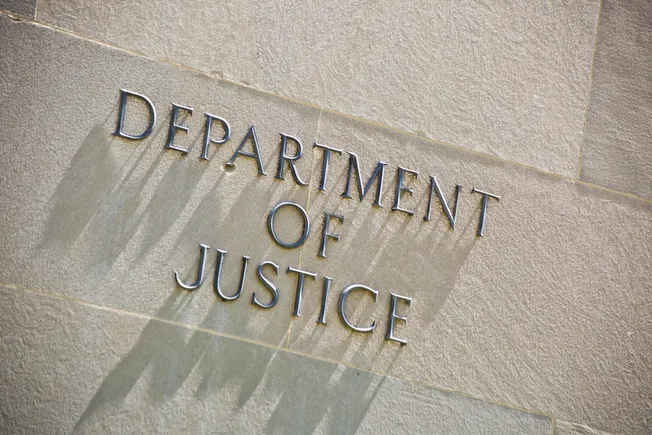Dive Brief:
A New York health plan and one of its former executives have agreed to pay $100 million to settle allegations they defrauded the federal government by inflating the risk scores of beneficiaries in privatized Medicare plans.
Through a coding subsidiary, New York-based Independent Health reported unsupported diagnoses to inflate risk adjustment payments for its Medicare Advantage members, submitting thousands of false claims that led to millions of dollars in fraudulent reimbursement, according to the Department of Justice.
It’s one of the largest recent False Claims Act settlements for an insurer, and brings to a close a 12-year whistleblower lawsuit.
Dive Insight:
In MA, the government pays insurers a set amount to manage the care of Medicare beneficiaries. Payments are adjusted based on risk scores representing beneficiaries demographics, location and health needs, so plans are generally paid more for caring for sicker members.
MA plans have grown substantially in recent years to cover more than half of all Medicare members. That growth has intensified concerns about insurers jacking up government reimbursement through upcoding — or sniffing out and reporting additional medical diagnoses for their members in return for higher risk codes.
Upcoding can significantly boost an insurer’s revenue, as the CMS generally pays MA plans thousands of dollars extra per year for each condition a member has that requires a risk-adjustment payment. In total, the agency estimates the MA program shells out $10 billion annually based on unsupported diagnoses.
That’s the issue at play in the government’s case against Independent Health, which serves 380,000 members in western New York, and its subsidiary DxID, which provides chart review services to Independent as well as other MA plans.
In 2012, a whistleblower alleged that DxID was coding conditions without corroborating evidence in the patient’s medical record — essentially making up diagnoses or coding more severe diagnoses than what patients actually had.
DxID would also ask providers to change documentation for a patient visit up to a year after the visit occurred, and used those forms to submit additional risk-adjustment diagnoses in violation of Medicare rules, according to the whistleblower Teresa Ross. At the time, Ross ran the risk adjustment department of Group Health Cooperative, a MA insurer that used DxID’s chart review services from 2011 to 2012.
DxID had a financial incentive to upcode. According to the DOJ, the company was paid up to 20% of additional reimbursement that MA plans received based on its diagnoses.
Group Health Cooperative, which is now owned by Kaiser Permanente, settled with the federal government over the allegations for $6.3 million in November 2020.
The DOJ intervened in the suit against Independent in 2021.
Now, Independent has agreed to pay up to $98 million, while Betsy Gaffney, the founder and CEO of DxID, will pay $2 million. Independent also entered into a five-year corporate integrity agreement with the HHS’ Office of Inspector General.
Ross will receive at least $8.2 million of the settlement. That’s on top of the $1.5 million the whistleblower received from the Group Health settlement four years ago.
At $100 million, the settlement is one of the larger False Claims resolutions with MA insurers over upcoding.
In 2023, Cigna agreed to pay $172 million and Maine-based insurer Martin’s Point shelled out $22.5 million to settle similar allegations, while in 2017 Florida plan Freedom Health and its chief operating officer agreed to pay $32.5 million for alleged upcoding.
Other lawsuits against MA insurers, including UnitedHealthcare and Elevance, for upcoding are ongoing.
Settlements and judgments under the False Claims Act have reached record levels in recent years, with the majority of actions taking place in the healthcare industry, according to the DOJ.
Regulators say they are particularly concerned about rising fraud in Medicare as more seniors age into the taxpayer-funded health insurance program. The Biden administration has been increasingly active in cracking down on insurers exaggerating the health needs of their MA enrollees, including introducing retroactive audits to claw back a greater share of overpayments. Humana is currently suing regulators to halt the plan.


